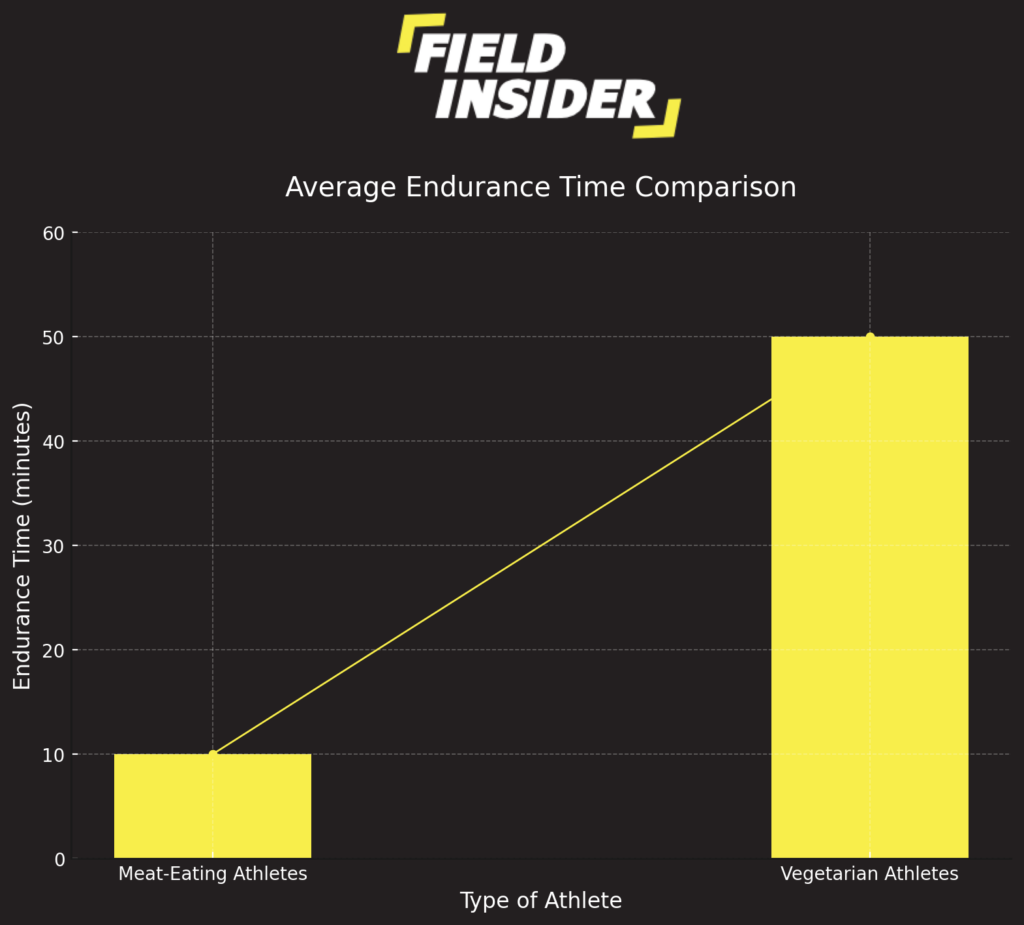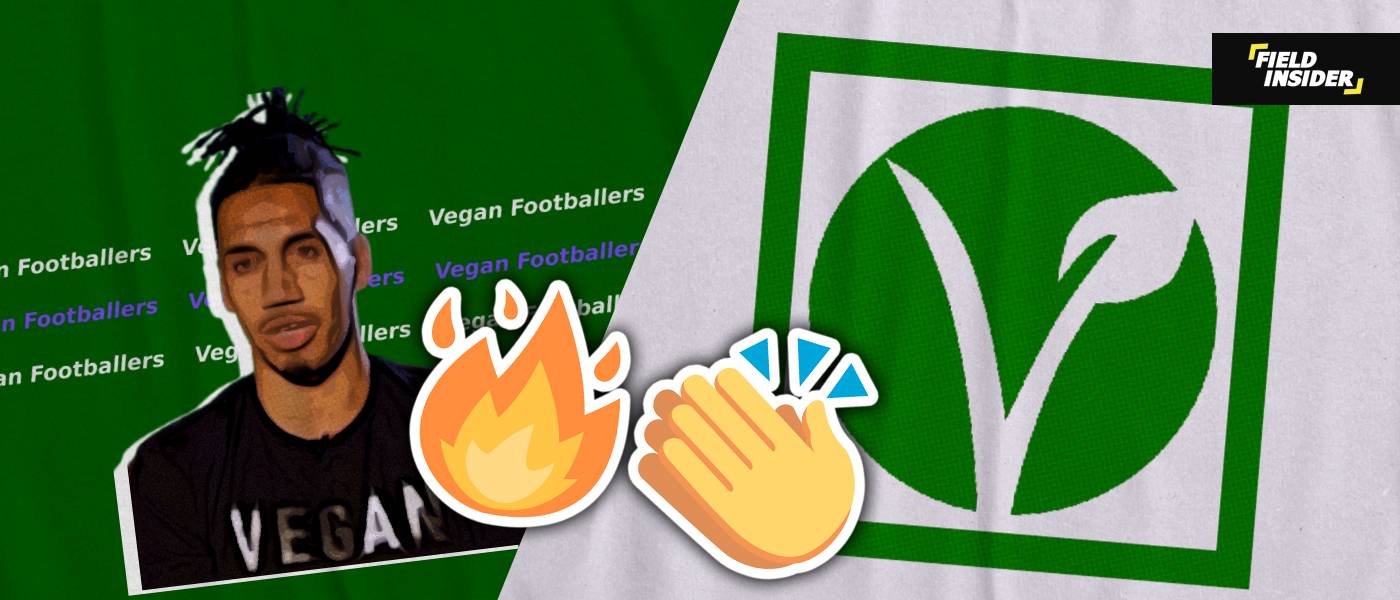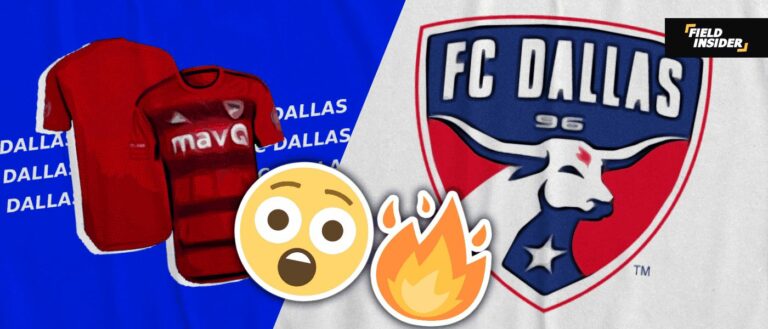Is Being Vegan Good For Footballers? Complete Handbook
Football is a sport that demands peak physical condition and precise nutrition. The role of diet in boosting a football player’s performance is crucial. This discussion examines the compatibility of a vegan diet with the intense requirements of football, particularly focusing on vegan footballers.
Key Takeaways
| Section | Key Takeaways |
|---|---|
| The Footballer’s Diet | Diet significantly impacts athletic performance. Veganism, once rare in sports, is gaining traction. |
| Veganism Defined | Veganism excludes all animal products. It’s chosen for health, ethical, or environmental reasons and is increasingly popular in sports. |
| Nutritional Challenges | Vegan footballers must carefully manage protein, iron, B12, and omega-3 intake to avoid deficiencies. |
| Success Stories: Vegan Footballers | Several elite footballers thrive on vegan diets, attributing their diet to improved performance and recovery. |
| Practical Tips for Vegan Footballers | Vegan footballers should plan balanced diets and consult sports nutritionists for optimal performance. |
| The Future of Veganism in Football | Veganism is growing in football, but it has its pros and cons. It’s a personal choice, influenced by individual health needs. |
The Footballer’s Diet
Diet is crucial for an athlete’s performance. Many footballers follow specific diets to enhance their energy, recovery, and overall health. Veganism, once considered unconventional in sports, is now a popular dietary choice among athletes, including footballers.
Understanding the Role of Diet in Football
The diet of a footballer is crucial for their overall athletic performance. Optimal nutrition fuels the body for intense training and ensures peak performance during matches. Recently, there has been a shift in the traditional views of an athlete’s diet, with a growing interest in veganism.
The Shift Toward Veganism in Sports
Veganism, once a niche lifestyle, is now gaining attention in the sports world, including football. This shift is due to the increasing awareness of food’s impact on health and performance. Athletes are exploring how a vegan diet can offer health benefits like improved cardiovascular health and better digestion.
How Footballers’ Diet Choices Influence Performance
A footballer’s diet is key to maintaining optimal body weight and muscle mass. It also provides the necessary energy for the game’s demands. For example, the tactical execution in formations like the 4-3-3 is heavily influenced by a player’s nutrition.
Veganism’s Growing Popularity Among Elite Athletes
More elite footballers are turning to vegan diets, intrigued by its potential benefits. This trend is observed not only in individual players but also at the club level. Clubs are recognizing the need to cater to diverse dietary preferences, including veganism.
Veganism Defined
Veganism involves abstaining from all animal products. Motivations range from health benefits to ethical concerns about animal welfare and environmental considerations. This lifestyle is becoming more common in the sports world, including football.

Understanding Veganism in Depth
Veganism involves a complete abstinence from all animal products. It’s not just a diet, but a lifestyle choice that reflects ethical, health, and environmental considerations. This way of living excludes meat, dairy, and all other animal-derived substances, focusing instead on plant-based foods.
Reasons Behind Choosing Veganism
Individuals opt for veganism for various reasons. Health benefits are a significant motivator, as a plant-based diet is often richer in certain nutrients and can lead to better overall health.
Ethical concerns about animal welfare and the environmental impact of animal farming also play a crucial role in this decision. In the context of sports, athletes are increasingly turning to veganism to enhance their physical fitness and recovery times.
Veganism’s Rise in the Sporting World
The sports world, including football, is witnessing an emerging trend of veganism. This shift is not just among amateur athletes but is also being embraced by professionals.
The increased awareness of how diet affects performance and recovery is a key factor in this trend. This lifestyle choice is becoming so mainstream that sports nutritionists are now well-versed in advising athletes on how to maintain a balanced vegan diet.
Nutritional Challenges for Vegan Footballers
Identifying Potential Nutritional Gaps
Vegan footballers face unique nutritional challenges, primarily in obtaining sufficient protein, iron, vitamin B12, and omega-3 fatty acids. These nutrients are vital for energy, muscle repair, and overall health, and are typically found in animal products.
Strategies to Overcome Nutrient Deficiencies
- Protein Intake: Plant-based proteins like lentils, beans, and quinoa can be excellent sources. Supplementing with vegan protein powders can also help in meeting the increased protein needs of athletes.
- Iron and B12 Supplementation: Iron is crucial for oxygen transport and energy levels, while B12 supports nerve function and blood cell formation. Fortified foods and supplements are often necessary to meet these needs.
- Omega-3 Fatty Acids: Essential for heart health and controlling inflammation, omega-3s can be found in flaxseeds, chia seeds, and algae-based supplements.
Expert Opinions on Vegan Diets for Footballers
Nutrition experts emphasize the importance of careful meal planning for vegan athletes. They advise monitoring nutrient intake closely to avoid deficiencies that could impact performance. It’s recommended that vegan footballers work with a sports nutritionist to tailor their diet to their specific needs.
Success Stories: Vegan Footballers
The success stories of vegan footballers debunk the myth that animal products are essential for peak athletic performance. These athletes demonstrate that with the right approach, a vegan diet can support and even enhance performance in professional sports.

Profiles of Notable Vegan Footballers
There are many successful footballers who have adopted a vegan lifestyle. Their success stories serve as powerful testimonials to the viability of a vegan diet in high-performance sports.
Chris Smalling
Chris Smalling is one of the most outspoken supporters of his vegan diet. The AS Roma defender has been vegan for around 5 years. He claims to be more energized and stronger in the gym, and his recovery has improved.
Hector Bellerin
Hector Bellerin is another vegan footballer. The Real Betis right back has also touted the benefits of veganism, claiming that it has helped him reduce injuries and calm ankle inflation. Because of his vegan diet, Bellerin no longer needs to tape up his ankles before games.
The Real Betis player also emphasizes the environmental benefits, and he is also a shareholder in English League 2 side Forest Green Rovers.
Forest Green Rovers
Forest Green Football Club is unique in that it is entirely vegan. This means that all pre- and post-match meals served to players, as well as all refreshments and food served in the stadium, are vegan. The players are free to eat whatever they want at home, but many of the club’s players are vegan.
Others
Fabian Delph is another vegan footballer, and even Lionel Messi, the best player in the world, has experimented with veganism.
He and national teammate Sergio Aguero have eliminated meat from their diets, adopting a vegan diet during the season to prevent injuries and inflammation, but they frequently eat a non vegetarian diet during the off-season.
Insights into Performance and Experiences
These vegan footballers often share their experiences of enhanced physical conditioning, quicker recovery after games, and overall improved health. Their journeys provide valuable insights into how a vegan diet can be effectively adapted to meet the rigorous demands of professional football.
“It doesn’t just make a difference in your body, but i strongly believe that with what we’re doing to the earth (it’s) paying back the earth too.”
Hector Bellerin on being vegan
Dietary Choices Contributing to Success
The key to these athletes’ success lies in their meticulous planning & management of their diets.
Vegan footballer ensure a balanced intake of macronutrients and micronutrients, focusing on plant-based protein sources & often supplementing with vitamins & minerals essential for athletes, like B12 and iron.
Comparative Endurance Times: Meat-Eating vs. Vegetarian Athletes
A Yale University study, compared 49 people: meat-eating athletes (highly trained successful Yale athletes) and vegetarian athletes. The findings from the study are presented in the bar graph below;

As depicted in the graph above, out of 49 participants consisting of 19 vegetarian and 20 meat eating athletes, the endurance level of vegetarian athletes was five times higher than that of meat eating athletes.
The findings from the study clearly shows that vegan diet is useful for athletes to increase their endurance level.
Practical Tips for Vegan Footballers
For vegan footballers, achieving nutritional balance is key to maintaining peak performance. Through careful meal planning, consultation with nutrition experts, and utilizing specialized resources, they can effectively meet their dietary needs.

Guidance on Planning a Balanced Vegan Diet
For footballers on a vegan diet, it’s crucial to ensure a well-rounded intake of nutrients. This involves focusing on a variety of plant-based protein sources like beans, lentils, tofu, and tempeh.
Incorporating a range of fruits, vegetables, whole grains, nuts, and seeds is essential for getting a broad spectrum of vitamins, minerals, and antioxidants.
Meal Planning and Preparation Recommendations
Effective meal planning is key. Vegan footballers should plan their meals to include carbohydrates for energy, proteins for muscle repair, and fats for hormonal health.
Preparing meals in advance can help in maintaining nutritional balance, especially during busy training schedules. Hydration, often overlooked, is equally important and should be a priority.
The Importance of Consulting with a Sports Nutritionist
Every athlete’s body is unique, and what works for one may not work for another. Consulting with a sports nutritionist can provide personalized dietary advice, ensuring that the diet supports the athlete’s specific training and recovery needs.
A nutritionist can also help in developing strategies to address any potential deficiencies, such as iron or B12.
Utilizing Resources for Optimized Performance
Vegan footballers can benefit from various resources like sports nutrition guides, meal planning tools, and recipes tailored for athletes. Websites focusing on football training and nutrition offer valuable tips and insights for optimizing dietary habits.
The Future of Veganism in Football
The future of veganism in football looks promising as awareness of its benefits grows. However, the decision to adopt a vegan diet should be made carefully, considering individual nutritional needs and the demands of the sport.
Potential Growth of Veganism in the Sport
The trend of veganism in football is destined for growth as more athletes and sports professionals recognize its benefits. This dietary choice, once seen as unconventional in the sporting world, is now becoming more mainstream, reflecting broader societal shifts towards plant-based lifestyles.
As research continues to support the health benefits of vegan diets, its adoption in football is likely to increase.
Pros and Cons of Adopting a Vegan Diet as a Footballer
While the benefits of a vegan diet include improved heart health, lower risks of certain diseases, and better recovery times, there are challenges. Ensuring adequate intake of key nutrients like protein, B12, and iron requires careful planning.
There is also a learning curve involved in transitioning to a completely plant-based diet, especially for athletes accustomed to traditional nutrition strategies.
Conclusion on the Topic’s Relevance and Implications
The relevance of veganism in football is undeniable, considering the increasing number of players adopting this lifestyle. It presents an opportunity for athletes to improve their health and performance, but it also requires a thoughtful approach to nutrition.
As the sporting world continues to evolve, the impact of dietary choices, including veganism, will remain a significant topic of discussion.
Conclusion
The perception of veganism in football and globally is evolving. Contrary to traditional beliefs, scientific research increasingly supports plant-based diets for building strength and muscle, similar to the largest herbivorous mammals like gorillas.
The health-related arguments against veganism are becoming less substantial.
For vegan footballers, success hinges on well-planned, diverse diets and essential supplements like B12. As veganism gains global traction, we can expect a parallel rise in vegan athletes, proving that top-level football performance is fully attainable on a plant-based diet.








